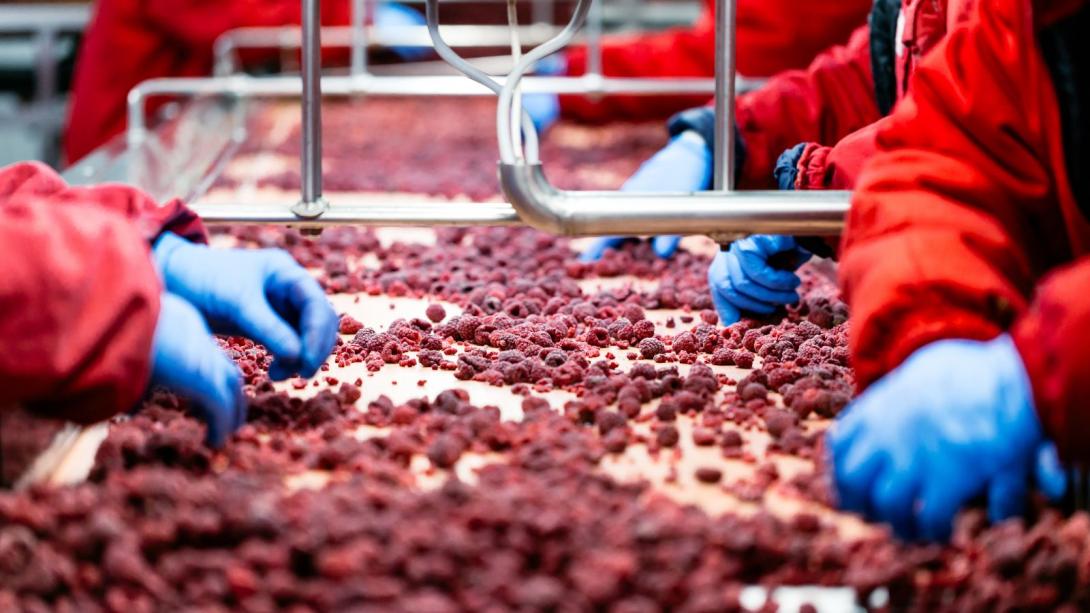03 February 2023
How to fix our food system for people and the planet

How can we fix our food system in a way that benefits citizens and the planet?
The Food Foundation organised the first ever summit meeting for forward-thinking investors focused on food system issues and demanding an urgent transformation in the way we grow, manufacture and eat food.
It's an ambitious goal, inspired by a deepening coalition of 23 investment organisations representing £6 trillion in assets under management (The Investor Coalition on Food Policy), who are in the vanguard of organisations to recognise the writing on the wall.
The Summit, 'Putting Money on the Menu: How can investors transform the UK food system?', comes as the government’s independent review into the delivery of net zero climate commitments warned the risks of not acting on climate change ('Not Zero') will outweigh the costs implicated with taking urgent action now.
It recommends a focus on ensuring the UK’s fight against climate change maximises economic growth, while increasing energy security and affordability for consumers and businesses.
The Summit brought together more than 100 leading investment analysts, policy-makers, academic experts, NGOs and journalists at 15 Hatfields, London.
It discussed progress being made in the UK and look at successful examples of investors steering industry behaviour as well as changing the direction of government policy to support responsible business practices.
One of our keynote speakers was Stuart Lendrum, Head of Product and Process at Iceland, the frozen food retail empire which has more than 900 stores nationwide.
The company has set ambitious targets to reduce food waste and has pioneered efforts to eliminate palm oil from food ingredient lists - a product which is a major contributor to environmental destruction when farmed unsustainably.
Why ought investors in food and agriculture businesses care about food systems?
The modern food system is responsible for more than a third of greenhouse gas emissions, even as a third of food produced is going to waste - much of it emitting further greenhouse gas as it rots in landfill sites.
Rapidly increasing spending power across the world means millions more people are likely to increase their meat intakes in the coming decades.
This matters given that about 85% per cent of agricultural land across the world is used for grazing animals or to grow crops to feed animals (rather than people), with colossal associated emissions of methane and nitrous oxide.
In Britain alone, meat consumption must fall by 30% if we are to meet our target for reduction in greenhouse gas emission.
A further issue is that commercial incentives for food businesses favour less healthy foods. The greatest profits for food manufacturers lie in the sale of ultra processed foods which are often high in fat, salt and sugar.
These form a major part of many diets in Britain, despite the association between diets high in these foods and a number of diet-related diseases.
Investors in the Investor Coalition for Food Policy (of which the Food Foundation is the secretariat) recognise that business as usual is no longer an option. Food system transformation is essential both to prevent the continued destruction of our planet and to protect the UK's health.
Long term business sustainability and viability depends on recognising the risks that our current food system poses and reorientating business practices accordingly. Investors therefore play a major role in incentivising this transition.
As we begin to see the first green shoots of early Spring we hope this investor coalition will bring in a permanent season of regeneration.




